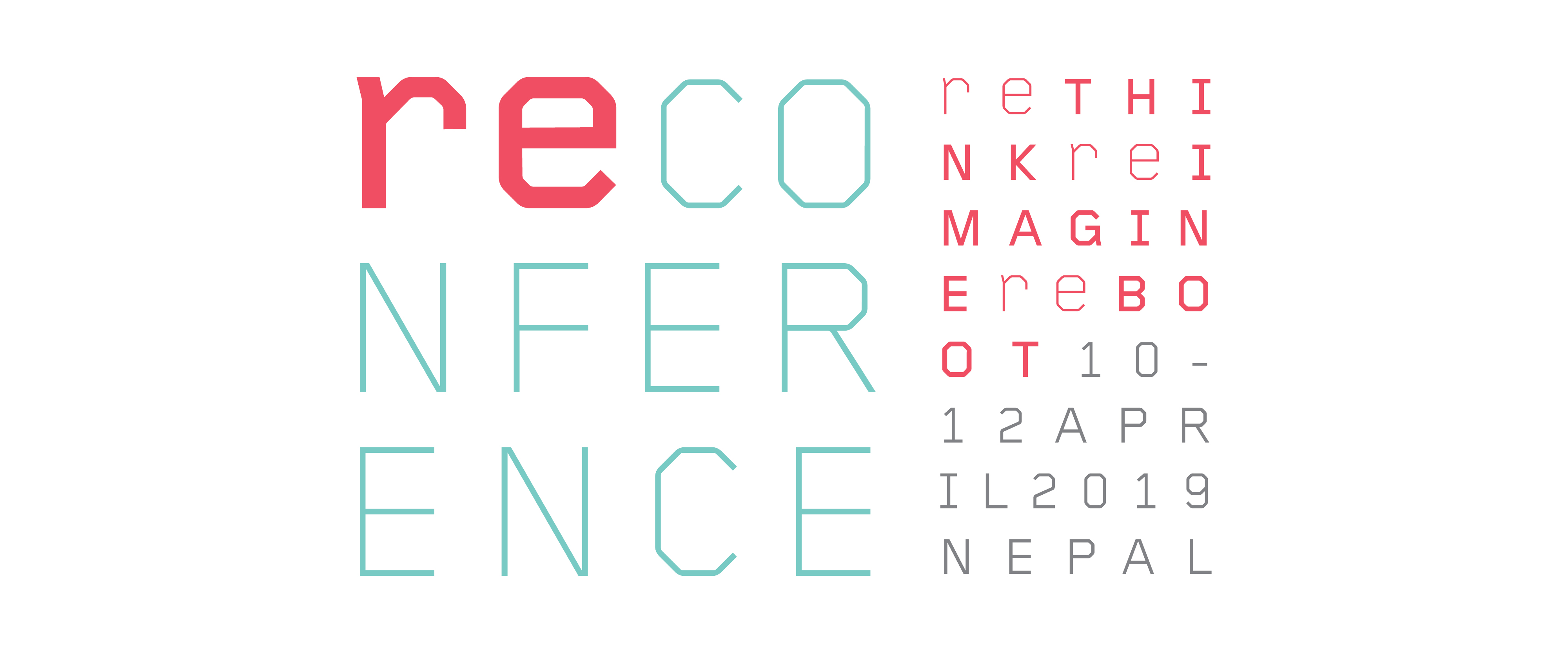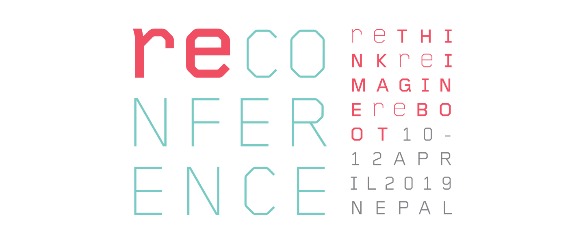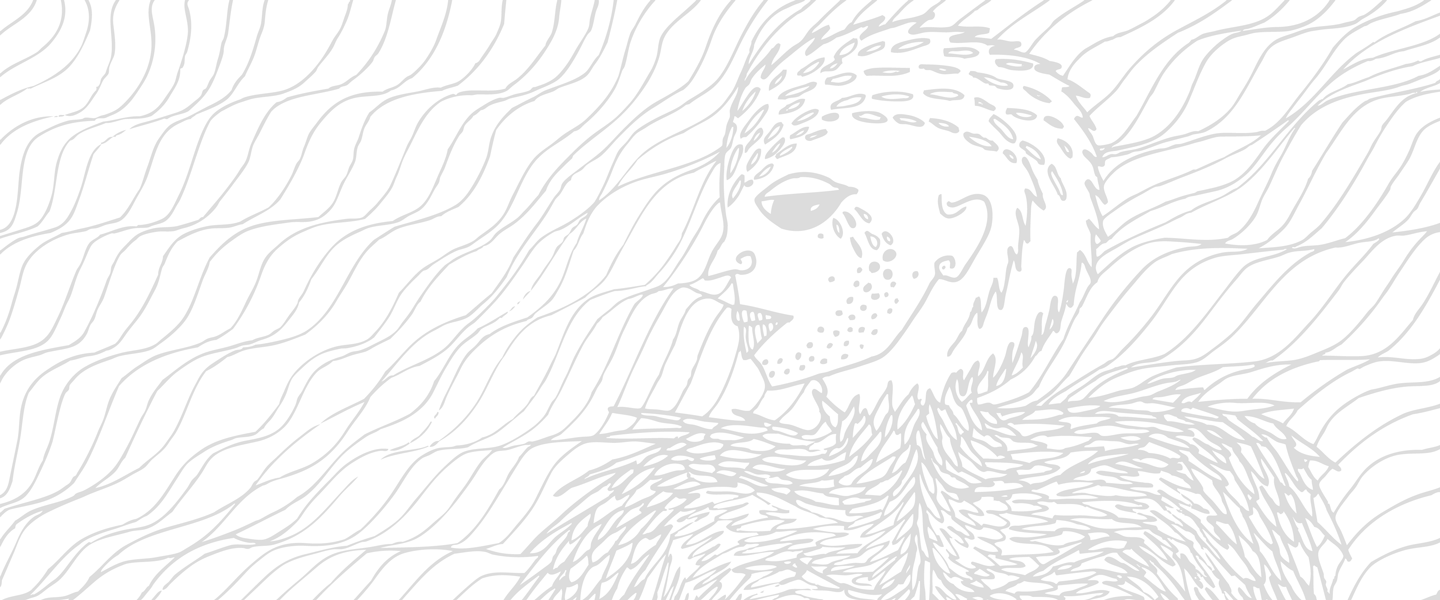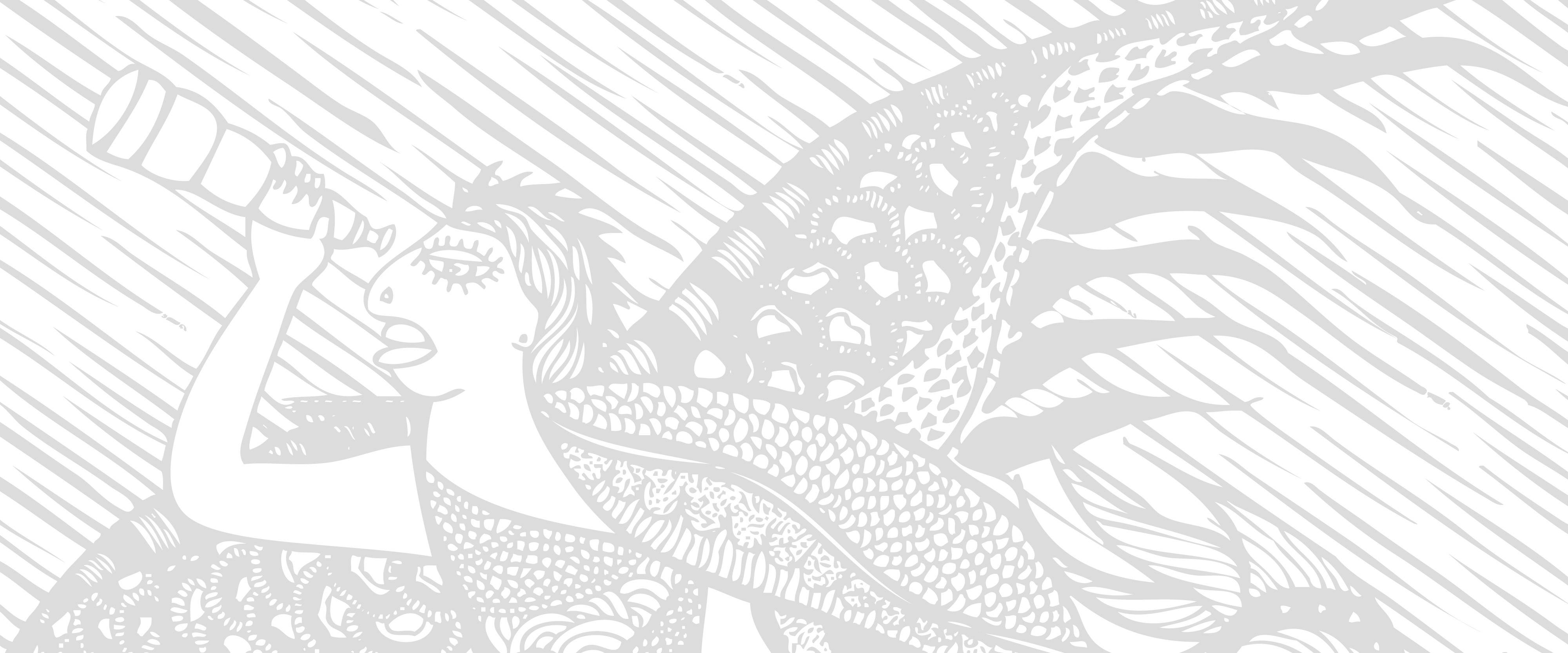highlights
We’re back from three immersive days at #recon2019 with full hearts and buzzing minds. Over 500 activists, artists and allies from more than 50 countries were at CREA’s reconference; together, we spent three days reshaping the future. It’s impossible to do justice to this huge feminist expo in this short post, but here are some moments.
Plenary speakers at More Harm Than Good spoke of strongly resisting the global push towards criminalization on many issues: sex work, abortion, youth incarceration. At another plenary Many Lives of Consent, we talked about including pleasure (yes!) in the discourse on consent; legal definitions of consent have evolved within the framework of ending violence against women (no!). We need to reimagine consent. And we need to reimagine the pleasures and dangers of technology - focusing not just on what we don’t want technology to be, but crucially on what we want it to be.
Together, we questioned the past. Rebuilt it. How can we ensure that women don’t vanish from sports after questions of their right to compete as ‘women’ – using a ‘scientific’ definition – are raised? How do we work towards environmental justice, upholding the territorial integrity of our bodies, our lands, the earth itself? How do we counter ableist labelling of bodies and people with disability?
Many of our answers came from art. From Millie Dollar who danced burlesque in perfect rhythm to music she finds hard to hear. From Mexico’s 4 Queens and the Sex Worker’s Opera, which helped us rethink feminism. From the multi-media Shore Line Project, which imaginatively confronts coastal challenges. From Sheba Chhachhi’s installations The Yamuna Series and Edible Birds, which reframe environmental (in)justices. From swapping bodies and ‘being another’ via virtual reality. And from films and performances exploring intersex bodies, sexual and gender diversity, chronic illness, online sex work, and digital republics of desire. There was art absolutely everywhere – never secondary to organizing and activism, but central to it. Activism is creative and art is political.
As is conversation. Iranian photo-historian Azadeh Akhlaghi told us how she reconstructs a troubled past in her photo tableaux By An Eyewitness. Queer Canadian filmmaker John Greyson recounted tales of art-activism starting from the time of AIDS. Booker-winning Indian author Arundhati Roy reminded us of the need to write and rewrite, despite threats and litigation, especially when “the atmosphere is darkening.”
The conversations continued at thematically-curated spaces and in the corridors. #recon2019 was a space of warmth for activists and artists to come together, exchange energy and information, and bask in the glow of friendship and solidarity. Rejuvenated, we strengthened our networks, our alliances, our movements.
After working hard, we partied hard. We let down our hair after the closing ceremony and embraced the rest of our limited time together, holding our lessons close to our hearts as the CREA staff performed a surprise choreographed dance!
We thank you for following our journey with #recon2019 to rethink, reimagine and reboot our activism, politics and movements. Let’s keep reconnecting!
Thank you!
Plenary speakers at More Harm Than Good spoke of strongly resisting the global push towards criminalization on many issues: sex work, abortion, youth incarceration. At another plenary Many Lives of Consent, we talked about including pleasure (yes!) in the discourse on consent; legal definitions of consent have evolved within the framework of ending violence against women (no!). We need to reimagine consent. And we need to reimagine the pleasures and dangers of technology - focusing not just on what we don’t want technology to be, but crucially on what we want it to be.
Together, we questioned the past. Rebuilt it. How can we ensure that women don’t vanish from sports after questions of their right to compete as ‘women’ – using a ‘scientific’ definition – are raised? How do we work towards environmental justice, upholding the territorial integrity of our bodies, our lands, the earth itself? How do we counter ableist labelling of bodies and people with disability?
Many of our answers came from art. From Millie Dollar who danced burlesque in perfect rhythm to music she finds hard to hear. From Mexico’s 4 Queens and the Sex Worker’s Opera, which helped us rethink feminism. From the multi-media Shore Line Project, which imaginatively confronts coastal challenges. From Sheba Chhachhi’s installations The Yamuna Series and Edible Birds, which reframe environmental (in)justices. From swapping bodies and ‘being another’ via virtual reality. And from films and performances exploring intersex bodies, sexual and gender diversity, chronic illness, online sex work, and digital republics of desire. There was art absolutely everywhere – never secondary to organizing and activism, but central to it. Activism is creative and art is political.
As is conversation. Iranian photo-historian Azadeh Akhlaghi told us how she reconstructs a troubled past in her photo tableaux By An Eyewitness. Queer Canadian filmmaker John Greyson recounted tales of art-activism starting from the time of AIDS. Booker-winning Indian author Arundhati Roy reminded us of the need to write and rewrite, despite threats and litigation, especially when “the atmosphere is darkening.”
The conversations continued at thematically-curated spaces and in the corridors. #recon2019 was a space of warmth for activists and artists to come together, exchange energy and information, and bask in the glow of friendship and solidarity. Rejuvenated, we strengthened our networks, our alliances, our movements.
After working hard, we partied hard. We let down our hair after the closing ceremony and embraced the rest of our limited time together, holding our lessons close to our hearts as the CREA staff performed a surprise choreographed dance!
We thank you for following our journey with #recon2019 to rethink, reimagine and reboot our activism, politics and movements. Let’s keep reconnecting!
Thank you!





